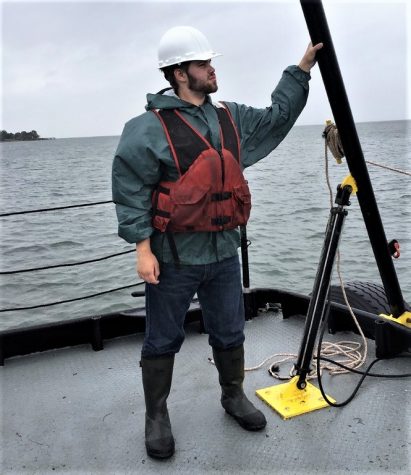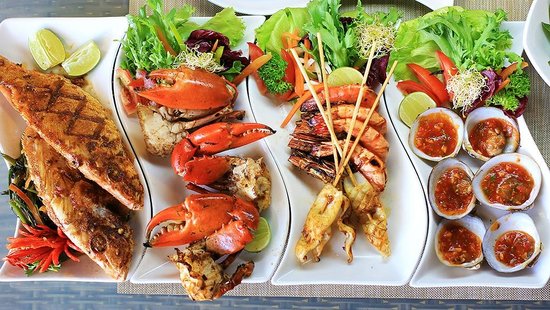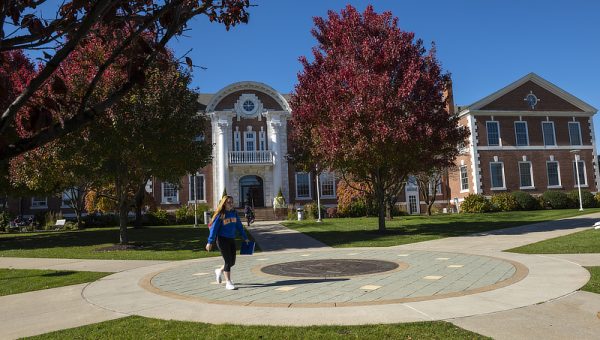How Sustainable is Sodexo’s Seafood?
On Nov. 9, President Steven Kaplan held an open forum to discuss issues students have on campus. One of the issues discussed was the possibility of removing Sodexo. Sodexo has been frequently criticized by students at the University of New Haven, often on the grounds of the food’s quality and nutritional value. However, the environmental impacts of Sodexo’s seafood have been rarely discussed.
When I began my investigation of where Sodexo sources its seafood, I expected to find rampant examples of sourcing from overfished stocks, serving of threatened species, and heavy pollution from aquaculture facilities. However, after I read their policies, interviewed a Sodexo manager who prefers to remain anonymous, and conducted an email interview with the Sodexo Sustainability Committee, I learned the picture is much brighter than I anticipated.
Sodexo lays out their plan and guidelines for serving sustainable seafood in the Sodexo Sustainable Seafood Supplier Charter. This charter restricts Sodexo from buying overfished species including marlin, shark, freshwater eel, Atlantic salmon, and bluefin tuna. There are also more specific restrictions regarding species such as Atlantic cod, sardine, and shrimp, where some fisheries are more threatened than others.
One of my initial concerns in research was the deforestation of mangroves for shrimp aquaculture. According to the National Oceanic and Atmospheric Administration (NOAA), 90 percent of shrimp in American markets is imported, primarily from Southeast Asian countries. Here, shrimp are often farmed in facilities harmful to mangrove forests. Mangrove forests are home to numerous endangered species and protect locals from destructive storms.
In my interviews with Sodexo, I learned that Sodexo buys its shrimp from Icy Bay Fine Seafoods. According to their catalog, their shrimp comes from Indonesian farms certified by Best Aquaculture Practices. To gain certification from this organization, farms need to follow strict guidelines to ensure they don’t damage mangrove habitat or engage in other environmentally irresponsible practices. Sourcing from farms built on wetlands is also restricted by the previously mentioned charter.
While Sodexo has made great progress with creating charter-compliant menus, there are still some areas they are working to improve. Re-Charge and Jazzman’s Café’s sushi uses generic labels such as “salmon” or “tuna” instead of specifying species or region of origin. They also have no certification on their shrimp. This is problematic because some species of salmon and tuna are more threatened than others, so they have different classifications under the Sodexo’s charter. Sodexo is currently working to clarify this. In an interview, the Sodexo Sustainability Committee said, “We are now working with our regional seafood providers and are turning attention to start working with contracted sushi providers.”
In a June 2017 email regarding the Paris Climate Accord, President Kaplan wrote, “I strongly believe it is incumbent on all of us to take action to ensure that the planet will be a safe, healthy environment for… all future generations.”
If the university wants to maintain its commitment to the environment, then they should consider sustainability policies if they need to select a new company to replace Sodexo.

Reginald Walden is a junior majoring in Marine Biology with a minor in Communications. He is a member of the Delta Alpha Pi Honor Society, Marine Biology...




